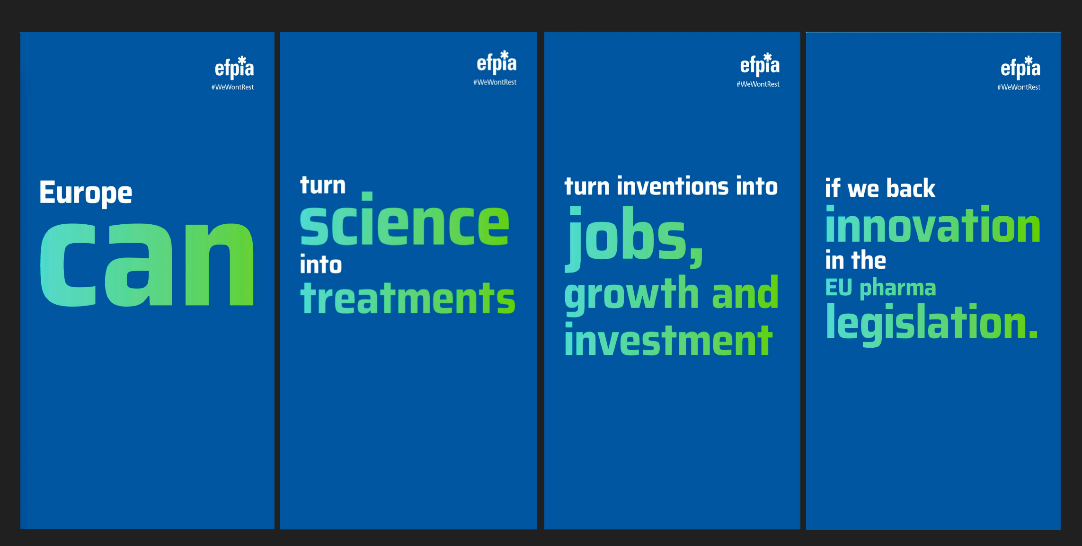

With only a few short months before the expected publication of the European Commission’s review of the General Pharmaceutical Legislation, the Orphan Medicinal Products Regulation and the Paediatric Regulation, it is more than ever important to ensure that Europe supports both patients and innovation.
When the Pharmaceutical Strategy was initially released, EU Health Commissioner Stella Kyriakides had stated “with our Pharmaceutical Strategy for Europe, we are delivering on our commitment to create a future-proof and patient-centered pharmaceutical environment in which the EU industry can innovate, flourish and continue to be a global leader”.
Yet, recent signals sent seem to contradict this stance.
As reported by the European media POLITICO, the Commission is looking to link market launches in all 27 EU Member States to intellectual property protections, such as regulatory data protection or market exclusivity. This disregards the fact that the pharmaceutical industry depends on a predictable framework that must be known very early on in the research process. It is the ultimate condition under which the industry invests into the development of novel medicines, which is extremely risky and requires a significant amount of time until it gets to the marketing authorization process.
While the European Commission’s intent with this measure is to improve access to medicines in all EU Member States, it fails to take into account that some access delays fall outside of the control of the pharmaceutical industry. For those factors that the industry can act upon, namely starting the pricing and reimbursement procedures, it has published through its European Federation EFPIA a commitment to file for pricing and reimbursement procedures in all EU countries within two years of receiving a marketing authorization. This means that the industry commits to do everything in its control to accelerate the placing of novel innovative medicines on the market for European patients. However, the launching itself depends on the pricing and reimbursement processes which are specific to each Member State.
Moreover, IP incentives are designed to support the research and development of new medicines ten to fifteen years before they are actually launched and reach the market. Conditioning intellectual property protection will not facilitate faster access to new medicines for patients. On the contrary, the lack of predictability will threaten the level of innovation taking place in Europe, possibly leading to less medicines being developed in the EU. It will further deteriorate the incentive and predictability of the IP framework that was put in place initially to protect and enhance medical innovation across the continent and will hamper the objective of creating an environment where the EU’s pharmaceutical industry can be a global leader.
It is therefore essential that the revision of the pharmaceutical legislation does not oppose access and IP protection, but instead looks at comprehensive ways to reconcile both objectives. In this regard, the industry stands ready to collaborate.
To learn more about the industry’s view on this revision, you can access here an op-ed written by Nathalie Moll, EFPIA’s Director General.
